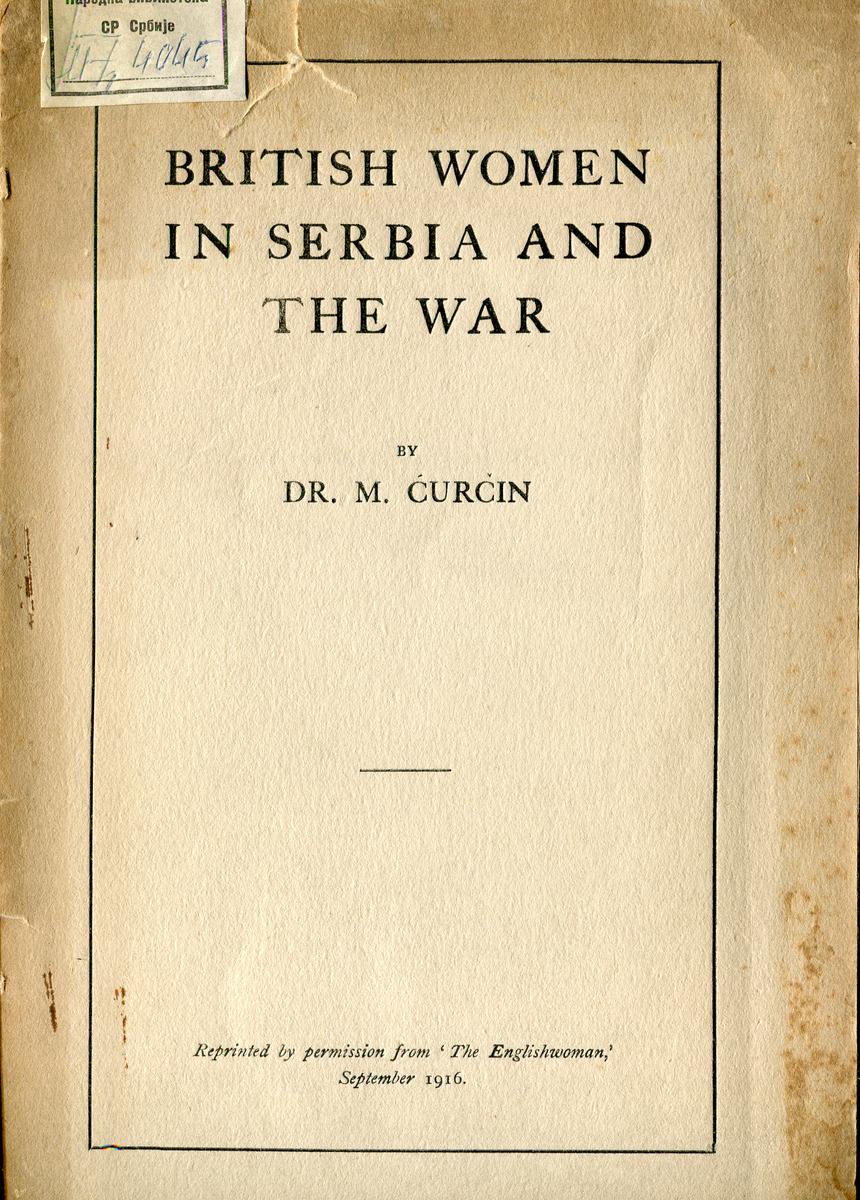(This book is confidential)
Article 1.
All prisoners—officers, non-commissioned officers, and soldiers—must be directed to the Prisoner Command in Niš, and before being sent anywhere from the Prisoner Command, they must be registered and debriefed there according to the instructions prescribed by the Supreme Command.
Article 2.
Information about prisoners can only be obtained from the Prisoner Command, with prior approval from the commander of the Prisoner Command.
Article 3.
To facilitate and expedite the provision of information about prisoners, the Prisoner Command will ensure the establishment of special leaflet catalogs, where each prisoner will have a separate sheet with their information. All these sheets will be arranged in alphabetical order.
Article 4.
Written permission from the Ministry of the Military, or the highest military authority in the location where the prisoners are, must be obtained for conversations with prisoners.
Article 5.
All conversations with prisoners must be conducted in the presence of specifically designated individuals who censor these conversations.
In case the conversation takes an inappropriate character in such situations, i.e., if it begins to go beyond the limits of family and personal relationships, the present censor must immediately interrupt it, remove the person who received permission for the conversation, and report it to the superiors.
Individuals who violate this regulation will lose the right to use the conversation privilege in the future.
Article 6.
Information about prisoners and conversations with them can only be sought during the times determined by the competent command.
Article 7.
Conversations can only be conducted individually with the person for whom permission was obtained, and it must take place in the designated location for conversation.
No one is allowed to enter among the prisoners and converse with them, nor can they visit their accommodations, sections, etc. This will only be allowed to individuals who obtain a special permit from the Minister of the Military.
Article 8.
Prisoners can only request to meet and converse with someone in exceptional circumstances. In that case, they must address their superiors through the appropriate channels, state the reasons for their request, and the Commander of the Prisoner Command, or the highest military authority in the location of the prisoners, will assess these reasons and direct their requests for further resolution to the Ministry of the Military.
Article 9.
Conversations can only be conducted in the language that the present censor understands well.
Article 10.
General authorization for conversations with prisoners cannot be granted to anyone. Special permission must be requested for each individual case (Article 4).
Article 11.
All written communications of prisoners and other individuals with them must be censored at the Prisoner Command.
Receiving and sending money and packages will be regulated by a special regulation.
Article 12.
Prisoners can read all Serbian newspapers published in Serbia and passing through military censorship.
Books that prisoners buy or are given for reading must go through censorship by individuals designated for this purpose at the Prisoner Command.
Upon return, these books and newspapers will be examined again by the mentioned censor.
The Commander of the Prisoner Command will regulate how prisoners will buy books and newspapers.
Article 13.
Offers and other items can only be brought to prisoners with the prior approval of the commander of the Prisoner Command, or the senior military authority in the area, and, before being handed over to them, must be inspected by a designated individual.
Article 14.
When going out into the town or to work under guard, prisoners must not talk or communicate with anyone.
Article 15.
Prisoners in Austrian uniforms must not go out into the town without a guard. However, in exceptional circumstances, they can go out in Austrian uniforms without a guard, but only with the specific permission of the commander of the Prisoner Command, or the commander of the department if the prisoners are in a different location.
Article 16.
Prisoners assigned to military jurisdictions will reside (overnight) in premises where other prisoners are. They must have a special sign indicating that they are on duty in the jurisdictions, and in addition to that, they must always carry with them a certificate of the jurisdiction they belong to.
They can be used for tasks outside the jurisdiction until 8:00 in the evening, and beyond that time, they must have a special permit from the superior of the jurisdiction.
Article 17.
All prisoners are obliged to show due respect to the country they are in, its people, and its army. Any violation of this regulation will entail an appropriate punishment.
Article 18.
Prisoner officers will reside and, as far as possible, eat in specific buildings.
They can engage in activities within the area of their accommodation, which will be designated for them according to their circumstances; they must not go outside that designated circle.
They can, escorted by a guard, go to church and bathing facilities. Otherwise, going out into town is prohibited for them.
Article 19.
On Sundays, prisoners must not be used for any work. Only in military establishments can prisoners be used for work on Sundays when necessary.
Working hours in non-military establishments and private enterprises will be agreed upon with the Prisoner Command.
Working hours in military establishments will be regulated by the orders of the competent commanders or the senior authority of the jurisdiction.
Article 20.
All prisoners must adhere to these regulations in every respect. In case of any violation of any provision, they will be punished according to our military laws: Regulations on Military Discipline and the Penal Code.
In addition to the penalties prescribed for officers, non-commissioned officers, and soldiers—which can be applied to them—they may also be punished by revoking certain privileges they currently enjoy.
Penalties will be imposed by military authorities only.
Article 21.
These Regulations apply in full to all prisoners assigned to different locations and various jobs. Their superiors (hospital administrators, factory directors, mayors, etc.) must ensure, according to the circumstances in which prisoners are under their care, that the provisions of these Regulations are accurately implemented.
Otherwise, for any violation of the regulations established here, the individuals under whose authority the prisoners are will be held responsible.
Conf. F/ĐO, No. 2377.
November 16, 1914,
in Niš
Minister of the Military,
Colonel,
Dušan P. Stefanović



